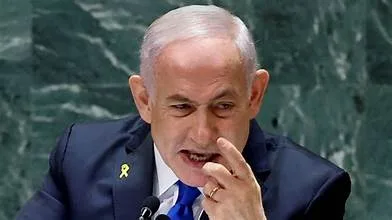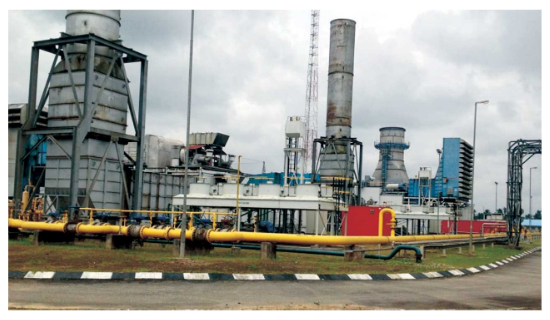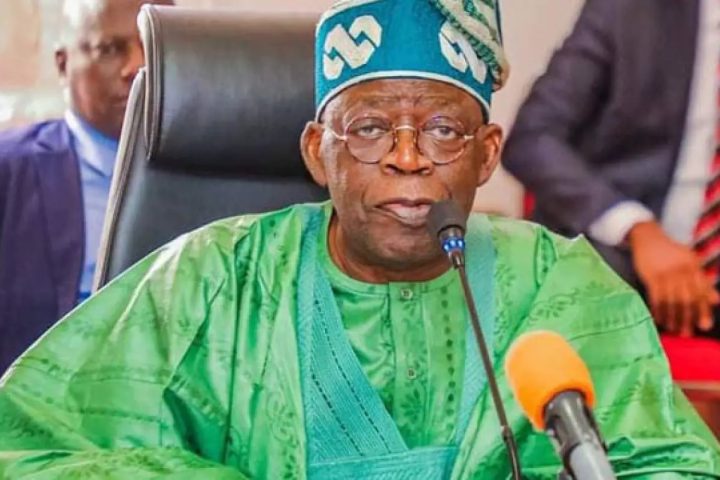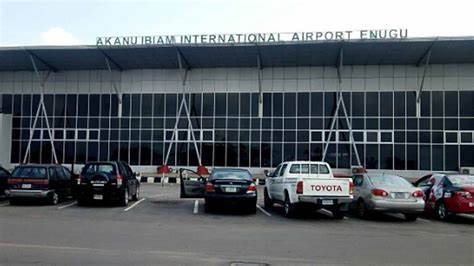Israel is facing heightened tension after a major missile strike from Iran on Tuesday. The attack, involving over 180 ballistic missiles, has escalated fears of a broader conflict in the Middle East.
Israeli Prime Minister Benjamin Netanyahu strongly condemned Iran’s actions, warning of consequences.
Join our WhatsApp Channel“Iran made a big mistake tonight – and it will pay for it,” Netanyahu declared during a political-security meeting. His statement followed a series of missile attacks from Iran, which Tehran claimed was in retaliation for Israeli actions against militant groups in Lebanon and Gaza.
Israel Under Attack: Response and Casualties
Israel’s military reported that the missile barrage from Iran targeted several regions, including central Israel and the southern areas. Alarms were triggered across the country, and explosions were heard in Jerusalem and the Jordan River valley. Many Israelis sought shelter as the situation unfolded, with local media reporters lying flat during live broadcasts.
Israeli Rear Admiral Daniel Hagari, speaking on the country’s defense efforts, said that “Israel intercepted most missiles and a defensive coalition led by the United States.” However, a small number of missiles struck areas in central Israel, including a school in Gadera, which sustained heavy damage. Fortunately, no injuries were reported within Israel, though one fatality was confirmed in the occupied West Bank.
“Iran’s attack is a severe and dangerous escalation,” Hagari said, emphasizing the threat posed by the Iranian missile strike, which included the use of advanced hypersonic Fattah missiles.
READ ALSO: Iran Says Retaliation Against Israel Is Concluded, Warns Of Further Actions
Iran’s Motivation and U.S. Reaction
Iran’s Revolutionary Guard Corps justified the missile launch, citing Israeli killings of militant leaders and attacks on Hezbollah in Lebanon as the cause. In a statement, they claimed that 90% of the missiles successfully hit their targets within Israel, marking a significant moment in the ongoing hostilities between the two countries.
The conflict has drawn international attention, with U.S. President Joe Biden reiterating his unwavering support for Israel. “The United States stands firmly with Israel,” Biden stated, describing Iran’s attack as “ineffective.” He indicated that discussions were ongoing regarding Israel’s next steps.
Vice President Kamala Harris also reinforced U.S. backing for Israel, affirming, “We will defend our interests against Iran if necessary.”
Fears of a Wider Conflict
The missile strike has raised concerns of a larger war involving Iran, Israel, and potentially other global powers. Oil prices spiked by 5% as the prospect of a regional war grew more likely.
Iran has warned that any intervention from Israel’s allies would lead to further attacks. “A strong attack will follow if Israel’s supporters directly intervene,” Iran’s armed forces declared, indicating a readiness for further escalation.
The U.N. Security Council has scheduled an emergency meeting to address the growing conflict, with many fearing the potential for widespread regional instability.
What’s Next for Israel and Iran?
The situation remains highly volatile as Israel weighs its response to Iran’s missile strike. Netanyahu’s strong rhetoric suggests a military counteraction is imminent. Meanwhile, the involvement of the U.S. and the broader international community will play a significant role in determining whether this conflict escalates into a full-scale war or can be contained through diplomatic channels.
For now, the Middle East faces one of its most dangerous moments in recent history, with Israel and Iran locked in a deadly standoff that has already begun affecting the global stage.
Emmanuel Ochayi is a journalist. He is a graduate of the University of Lagos, School of first choice and the nations pride. Emmanuel is keen on exploring writing angles in different areas, including Business, climate change, politics, Education, and others.



















Follow Us